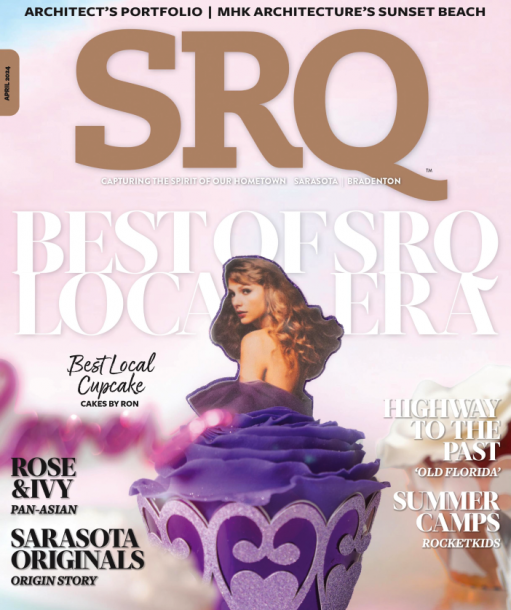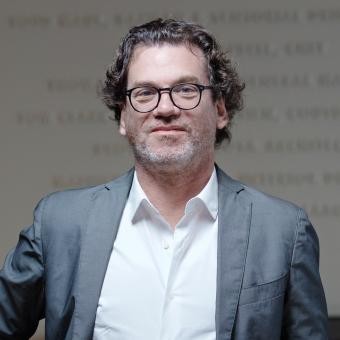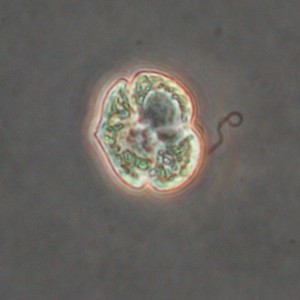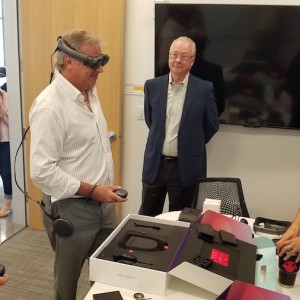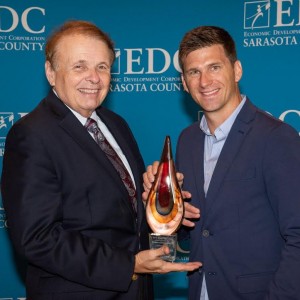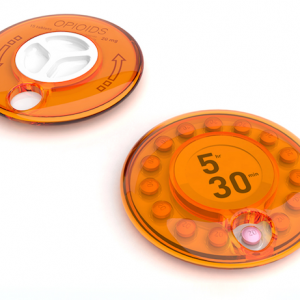Designing to the Senses
Todays News
SRQ DAILY FRESHLY SQUEEZED CONTENT EVERY MORNING
TUESDAY NOV 15, 2016 |
BY JACOB OGLES
Design doesn’t stop with the visual for inventor David Edwards, a creator, writer and Harvard University professor among the guest speakers at this year’s PINC conference in Sarasota. Edwards, who invested an inhalable chococate and mobile device that sends "scent messages," answered questions from SRQ about the changing frontiers of design. Hear Edwards speak at PINC on December 8 at the Sarasota Opera House.
What is the most important lesson modern designers can learn from science, and vice versa? Edwards: We are all increasingly living at frontiers in a rapidly changing world. Scientists can learn how to express their experimental ideas to a broad public with a vocabulary of design that is sensitive to those without science specialization. It is very hard to do pioneering science today and not have a live public dialogue. Designers can actually penetrate those frontiers by working with scientists and play a decisive role in discovery. Both come together in discovery where that discovery moves toward changing how we all live.
How do you define “bio-inspired contemporary design” yourself? For millennia, architecture, engineering and design found inspiration in natural forms. Over the last 20 years or so, our understanding of natural function—largely biological function—has ruptured the old form-inspired paradigm. Design today is inspired by natural form and function, clothes that are like skin, homes that monitor the life inside, drug systems that behave like cells and organs. This is bio-inspired design.
Smell seems to be one of the most difficult senses to consciously appeal to. What do you need to keep in mind if you are trying to craft such an appeal? Scent is a secondary signal. It matters greatly to health and wellness. But in the digital age we are relatively unaware and ignorant of it. Making scent an integral part of our digital lives will involve bringing it back naturally into experiences we do every day. Music is a great example. Music affects wellness and memory. So does scent. Science shows that together they affect us more than either alone. We have found a way to match any music on a streaming service like Spotify with scent tracks that automatically play to enhance the mood of the music. The effect is dramatic. The gesture intuitive. It is this sort of coupling—like scent with food—that will bring scent wellness back into our lives as it was throughout human history.
« View The Tuesday Nov 15, 2016 SRQ Daily Edition
« Back To SRQ Daily Archive




